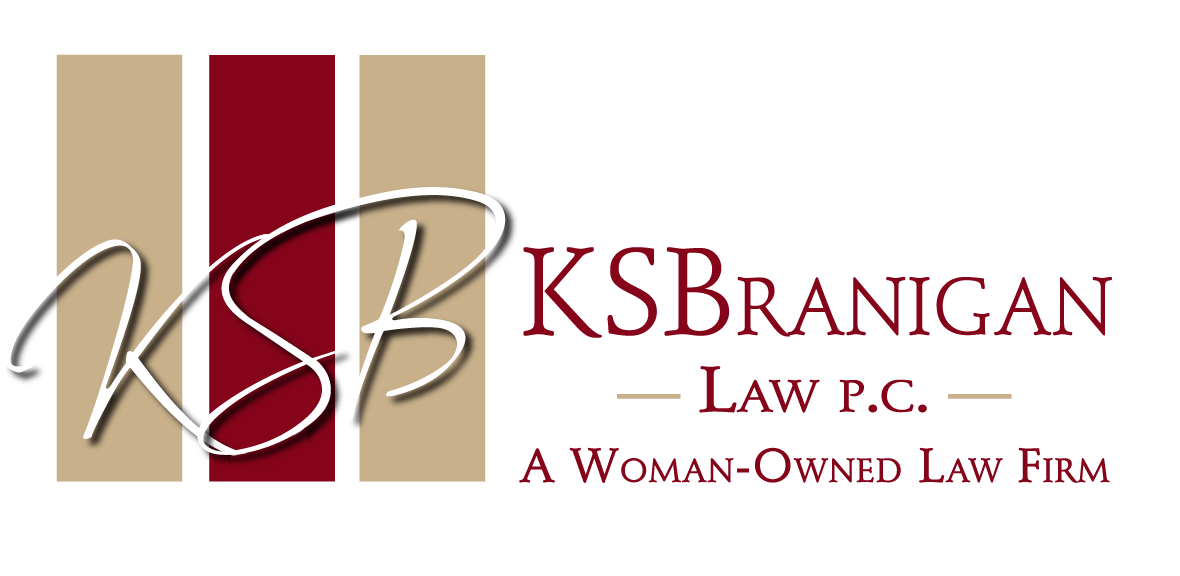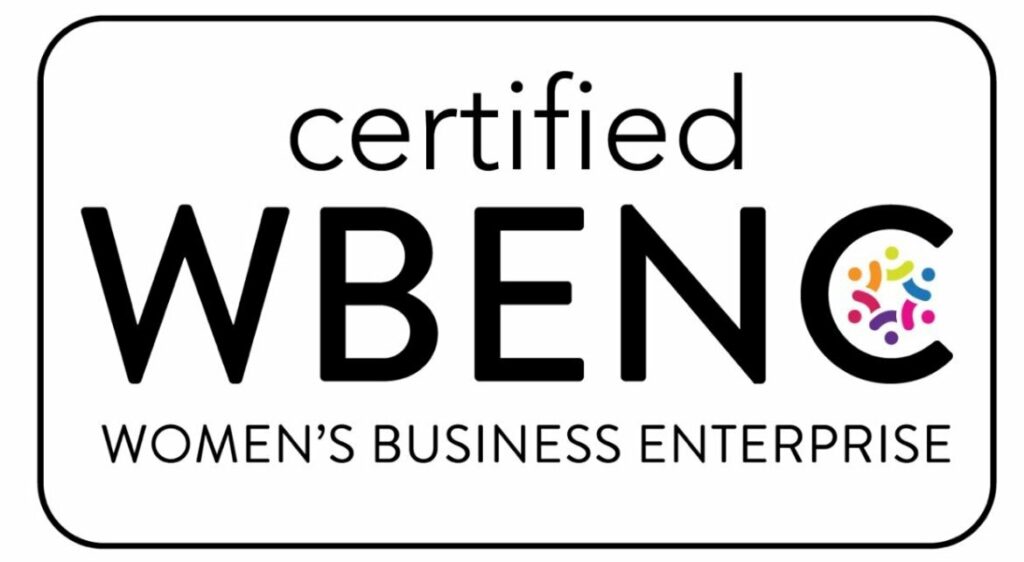On March 18, 2019, New Jersey, like several other states, responded to the #MeToo Movement by passing new legislation. New Jersey amended its Law Against Discrimination in enacting Senate Bill No. 121 (“NJ LAD Amendment” and/or the “statute”) which significantly impact discrimination, retaliation and harassment claims. The key areas include: 1) prohibition of waiver of rights; 2) unenforceability of non-disclosure provisions; 3) expanded retaliation prohibitions; 4) notice requirements; 5) private cause of action; and 6) additional grounds for the shifting of attorneys’ fees and costs. The NJ LAD Amendment applies to new contracts and agreements as well as any contracts or agreements that are renewed, modified, or amended.
Under the NJ LAD Amendment, any provision in an employment contract that waives any substantive or procedural right or remedy relating to a claim of discrimination, retaliation, or harassment is deemed unenforceable as against public policy, and the statute expressly prohibits any provision that prospectively waives rights or remedies under the Law Against Discrimination, N.J.S.A. 10:5-1, et seq., or any other statute or case law. This prohibition will impact arbitration agreements, jury waivers and class action waivers. However, collective bargaining agreements are excluded from these restrictions.
The NJ LAD Amendment renders certain non-disclosure provisions unenforceable as against public policy. Specifically, non-disclosure provisions in employment contracts or settlement agreements that have the purpose or effect of concealing the details relating to a claim of discrimination, retaliation, or harassment will be unenforceable against a current or former employee who is a party to the agreement. If the employee “publicly reveals sufficient details of the claim so that the employer is reasonably identifiable,” the non-disclosure provision will be deemed unenforceable against the employer as well.
The statute also contains notice requirements. Every settlement agreement resolving a discrimination, retaliation, or harassment claim by an employee against an employer must include a bold, prominently placed notice stating that, “although the parties may have agreed to keep the settlement and underlying facts confidential, such a provision in an agreement is unenforceable against the employer if the employee publicly reveals sufficient details of the claim so that the employer is reasonably identifiable.”
Retaliation based on a person not entering into an agreement or contract that contains a provision deemed to be unenforceable or against public policy is also prohibited. Retaliation includes: the failure to hire; discharge; suspension; demotion; discrimination in the terms, conditions, or privileges of employment; or other adverse action.
The statute provides for a private cause of action in the Superior Court of New Jersey and, in keeping with other NJ LAD matters, has a two-year statute of limitations period. The statute provides a fee shifting provision to a prevailing plaintiff as well as an award of reasonable attorneys’ fees and costs to the employee against any “person who enforces or attempts to enforce a provision deemed against public policy and unenforceable” under the NJ LAD Amendment.
How Will the NJ LAD Amendment Impact Employees and Employers?
New Jersey employees can no longer be precluded from making public disclosures about the details of their claims of discrimination, harassment, or retaliation. Employees can initiate lawsuits in the Superior Court of New Jersey if their employers try to enforce such provisions or retaliate against them in violation of the statute. They can also obtain awards of reasonable counsel fees and costs if they prevail.
New Jersey employers will now have a lessened degree of confidentiality in settling claims of discrimination, harassment, and retaliation as to the underlying details of the claims. Employers will also likely encounter more challenges in enforcing arbitration agreements, including those containing class action waivers.
Unlike a court-filed complaint, Demands for Arbitration are not public filings. The new prohibition against waivers in employment contracts may increase the filing of claims in court that otherwise may have been filed in the arbitration venues. Some believe that the unenforceability of non-disclosure provisions will deter settlements and lead to an increased number of matters that will go to trial. This will need to be tracked and assessed now that the statue is in effect.
Key Challenges to Come and What’s Next?
The courts will undoubtedly be called upon to review the waiver provision and address any challenges to arbitration agreements and mandatory arbitration plans. It remains to be seen how the NJ LAD Amendment will be reconciled with the Federal Arbitration Act (“FAA”). The FAA preempts state laws that restrict arbitration and provides that arbitration provisions can only be invalidated based on grounds applicable to other contracts, such as unconscionability or duress.
Employees will argue that the FAA permits states to determine the enforceability of contracts and that New Jersey’s public policy is discriminating against and forcing employees to waive statutory rights. Employers will argue that the NJ LAD Amendment, while facially neutral, is intended to prohibit arbitration agreements and runs contrary to the 2017 U.S. Supreme Court decision in Kindred Nursing Centers LP v. Clark (holding that the FAA preempts any state rule that discriminates on its face against arbitration or that covertly accomplishes the same objective by disfavoring contracts that have the defining features of arbitration agreements). Additionally, in the May 2018 Epic Systems Corp. v. Lewis decision, the U.S. Supreme Court made clear that employers may include class action waivers in their arbitration agreements with employees. It is unclear how courts will decide the issue of NJ’s attempt to limit class action waivers and jury trial waivers (inherent in arbitration) in light of the Epic and Kindred cases.
It is advisable that Employment Contracts and Settlement Agreements be reviewed and updated to comport with the new statute. Counsel should be consulted for specific legal advice.
This summary is for informational purposes only and is not intended to constitute legal advice. This information should not be reused without permission.


